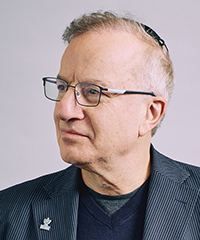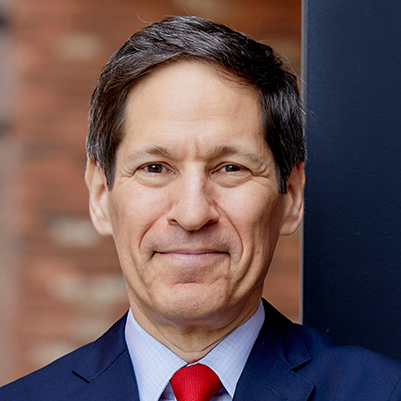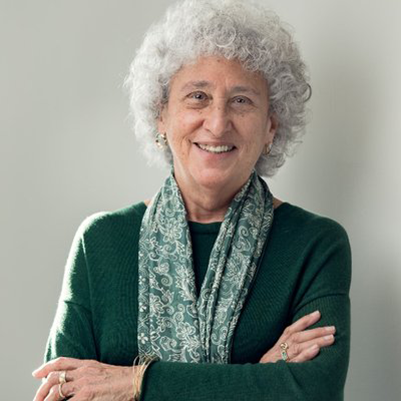Some patients are concerned about how far artificial intelligence (AI) is creeping into the exam room. But AI has been part of health care longer than most realize, according to Dr. Isaac Kohane, a groundbreaking Harvard University professor.
Kohane is the editor-in-chief of the New England Journal of Medicine’s first publication devoted to AI. He tells hosts Mark Masselli and Margaret Flinter that “In the 1980s, automated interpretation of an [echocardiogram] would have been considered AI. Now it’s the ability to look through a patient’s record and come up with a differential diagnosis, a second opinion, a therapeutic plan.”
Kohane shares a success story of a mother whose child had difficulty walking and chewing, suffered from headaches and had seen more than a dozen doctors over many years, with no diagnosis. After one doctor recommended a psychiatric course of action, the mother fed the reports from various past medical visits into a generative AI program, which suggested tethered cord syndrome.
Cases like this can represent AI’s potential, says Kohane. But the nascent technology raises issues of bias. “You can run tests on these AI programs and say, ‘Would you propose that diagnosis more often if this was an African-American or an Indian-American?’ … And you can adjust these programs,” Kohane says. The exciting part is that the adjustment would be easier than undoing even unconscious bias among hundreds of thousands of health care professionals, he explains.
To download audio file, click here.





.png)


